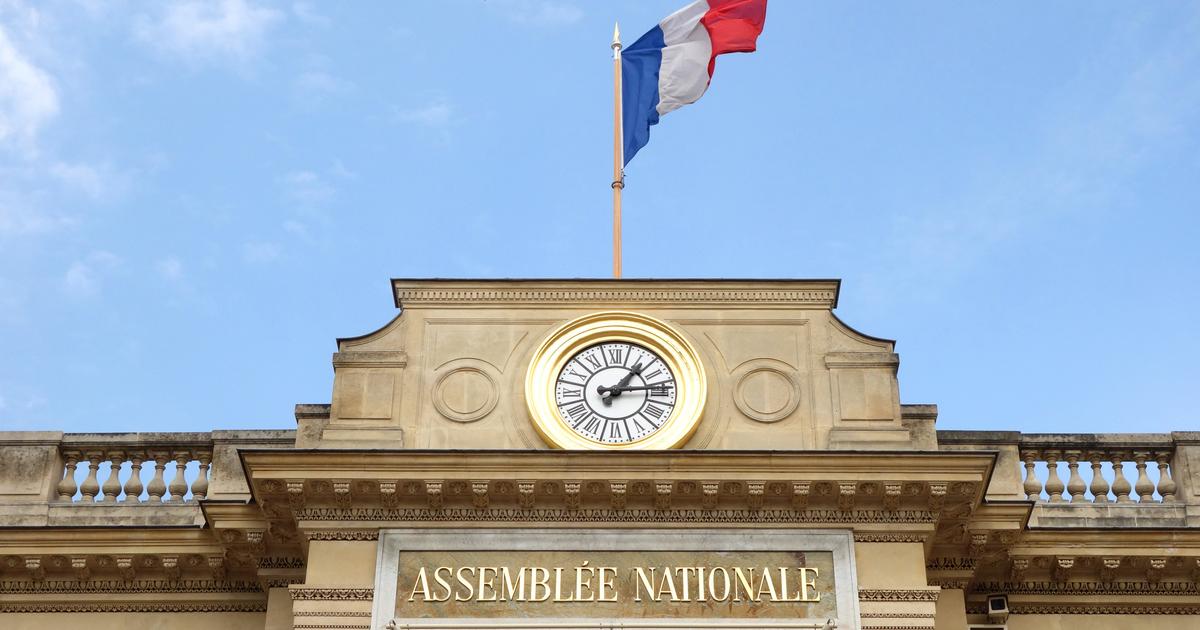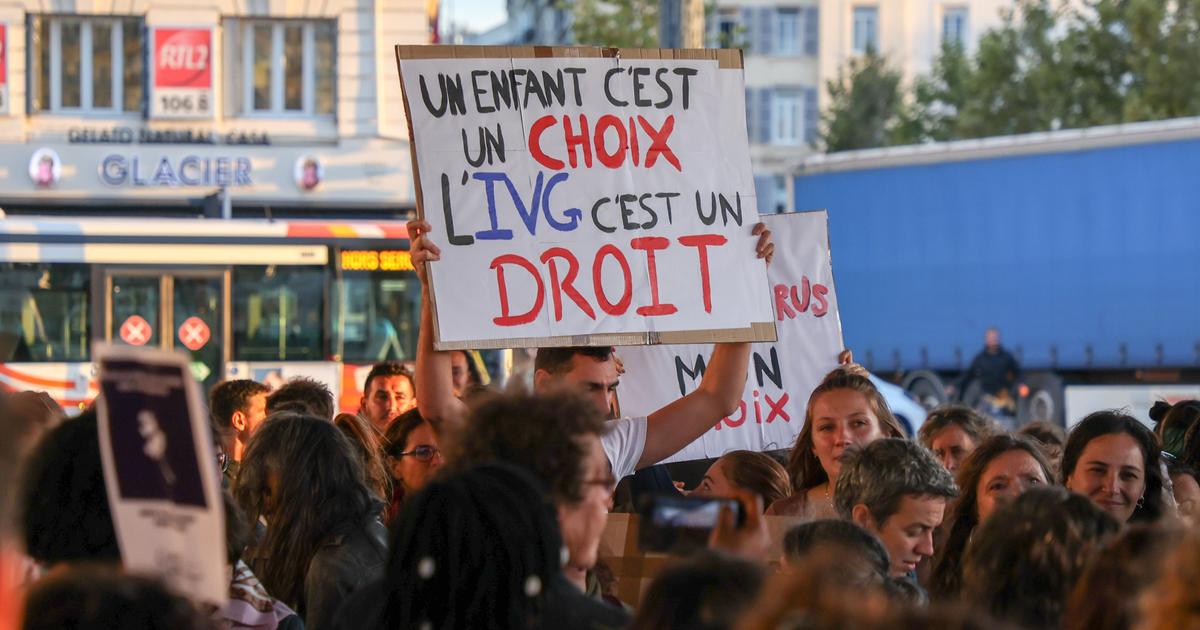To facilitate the construction of new reactors, Parliament is preparing to definitively adopt the nuclear revival bill on Tuesday by a final vote of the National Assembly, where the cause of the atom seems to be gaining ground. After the session of questions to the government, the deputies will vote at the end of the afternoon on this text largely validated in the Senate a week ago. Its adoption should not pose a problem. At first reading, the Assembly had largely supported it by a coalition of the votes of the presidential majority, LR, RN and communists.
Technical, the bill simplifies the steps to achieve Emmanuel Macron's ambition to build six new EPR reactors by 2035, and to launch studies for eight others. It is limited to new installations located in existing nuclear sites or nearby, such as Penly (Seine-Maritime), Gravelines (Nord)... This text on nuclear power follows a law to accelerate renewable energies, adopted in February.
In the wake of the Senate, parliamentarians lifted a "lock" introduced in 2015 under François Hollande. The text thus removes the objective of a reduction to 50% of the share of nuclear energy in the French electricity mix by 2035, as well as the ceiling of 63.2 gigawatts of total authorized nuclear production capacity. To the chagrin of opponents of nuclear power, he is thus speeding up the future multiannual energy programming law, expected at best this summer.
The NGO Greenpeace and the network Sortir du nucléaire did not fail to protest: "The government is therefore putting the cart before the horse and acts a forced revival" of nuclear power, they denounce. Another sensitive point, the text toughens the penalties in case of intrusion into the plants, with a penalty increased from one to two years in prison and from 15,000 to 30,000 euros fine.
See alsoThe France brings together its European allies in the nuclear sector
'Cultural battle'
In the Assembly, ecologists and LFI railed against the bill, insisting on the "dangerousness" of nuclear power, its "tons of waste", and on the significant crack on an emergency circuit of a reactor in Penly, announced in early March. They are the only ones campaigning for an exit from the atom and the transition to 100% renewable energies from 2045. But twelve years after the Fukushima nuclear disaster in Japan, environmentalists admit to having lost ground in their "cultural battle" against the atom, like polls that show growing support for nuclear power.
In the Assembly, a parliamentary commission of inquiry led by the LR Raphaël Schellenberger and the macronist Antoine Armand, openly pro-nuclear, pointed to a "political rambling" for thirty years on energy issues. Faced with the climate emergency, "we must no longer have the shameful nuclear power," pleads the deputy Renaissance Maud Bregeon, former EDF and rapporteur of the recovery bill.
After fears of power cuts this winter against the backdrop of war in Ukraine, the Minister of Energy Transition Agnès Pannier-Runacher praises a text "major to build the energy independence of our country", which will allow "to produce abundant, competitive and decarbonized energy". On the right, the LR support the text while criticizing Emmanuel Macron's "spectacular tête-à-queue" on the issue.
As expected, parliamentarians did not reintroduce the government's controversial nuclear safety reform. But the executive still considers it necessary to merge the Institute for Radiological Protection and Nuclear Safety (IRSN), a technical expert, within the Nuclear Safety Authority (ASN), the policeman of the power plants, despite the protests of the unions. And in the joint committee, deputies and senators removed an amendment voted in the Assembly that aimed to prevent any merger by guaranteeing a "dual" organization between IRSN and ASN.









